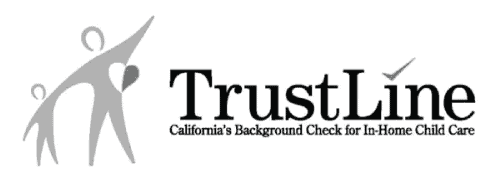Your new little bundle has just made their debut into the world and now the work of finding a routine begins! Your baby will surely sleep through a lot – but they’ll also be up every few hours for feeding and changing. Wondering what to expect about your newborn’s sleep habits? Here are some things to remember.
Newborns sleep a lot.
Your newborn will generally sleep between 14 and 17 hours a day. There might not be much of a pattern to that schedule, either, but you’ll probably notice that they will be awake for 30 minutes to an hour at a time – perfect for feeding, changing, and getting in plenty of cuddles. New babies also spend a lot of their sleep time in rapid eye movement (REM) mode. They may whimper and even move around and squirm in their sleep, too. As the baby gets older, sleep patterns will change and there will be less REM sleep, which will mean deeper rest.
Newborns eat often.
Because a newborn baby’s stomach is very small, they must eat often. That means they will be up every two to four hours to eat. Usually after they are finished eating, they will drift off back to sleep.
It’s important to create a restful and safe environment.
Whether the baby is sleeping in a bassinet near your bed or in a crib in their own room, it’s important to create a space that is relaxing, quiet, and peaceful. Some ways you can do that is by having soothing colors on the wall and using dark blinds, curtains, or shades to block light. White noise machines can also be helpful in soothing restless babies.
The American Academy of Pediatrics recommends always putting your baby down on their back to sleep, as this can help reduce the risk of sudden infant death syndrome (SIDS). Also, be sure that there aren’t things in the crib that could cause obstruction or make it hard for your baby to breathe, such as loose blankets, stuffed animals, or pillows.
Learn how to determine if the baby’s tired or not.
You might notice your baby rubbing their eyes or yawning. Tired babies often get fussy and cry, too. Once you get to know your baby and their unique personality, you’ll start to be able to decipher if your baby is tired, hungry, needs to be changed, or is sick, as these cries are often a bit different from one another.
Be realistic.
As you learn how to navigate your baby’s sleep schedule, keep realistic expectations in mind. Not all babies are rockstar sleepers from day one, and no two babies are alike. That means sleep will vary from child to child! It will probably take lots of patience and plenty of grace as you help your baby find a solid sleep rhythm.
Your baby’s sleep is essential for development. And while there is no real consistent routine with your baby’s sleep schedule in those first few months, it’s important to stick with a routine as best as you can anyway. For example, at or near the same time every night, give your baby a bath, feed them, rock them, and put them to bed. The same goes with naps – at or near the same time every day, put them down for a nap. As they get older, they will be able to go longer in between feedings, which means longer stretches of sleep. Starting early with regular routines can help train your baby to sleep through the night, which will be an important milestone for both you – and them!



